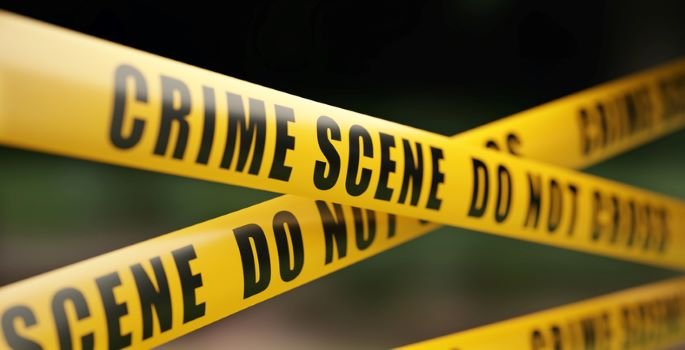
Crimes refer to illegal actions or omissions that are punishable under criminal law. There are many different types of crimes, including both minor and major offenses. Some examples of minor crimes include traffic violations, disorderly conduct, and petty theft. Examples of major crimes include murder, rape, and armed robbery.
Crimes are classified in different ways, depending on the jurisdiction. In some countries, crimes are classified as either "misdemeanors" or "felonies," with misdemeanors being less severe offenses and felonies being more serious offenses. In other countries, crimes are classified based on the punishment that is imposed, such as fines, imprisonment, or death.
Crimes can have various motives and causes, from financial gain to revenge, or from mental illness to addiction, but there is also a complex web of social, economic and political factors behind the commission of crimes.
The criminal justice system is responsible for enforcing criminal laws and punishing those who break them. This system includes various actors such as the police, prosecutors, judges and correctional officers, with the aim of balancing the rights of the accused with the protection of society.
Preventing crime is also an important aspect of criminal justice, and various approaches are used such as community policing, crime prevention programs and rehabilitation of offenders.
In summary, crimes are illegal actions or omissions that are punishable under criminal law. They vary in severity and have many causes and motivations. The criminal justice system is responsible for enforcing criminal laws and punishing those who break them, as well as preventing crime.
Crimes, criminal law, misdemeanors, felonies, punishment, motives, causes, criminal justice system, police, prosecutors, judges, correctional officers, crime prevention, legal system, enforcement, rehabilitation, offende